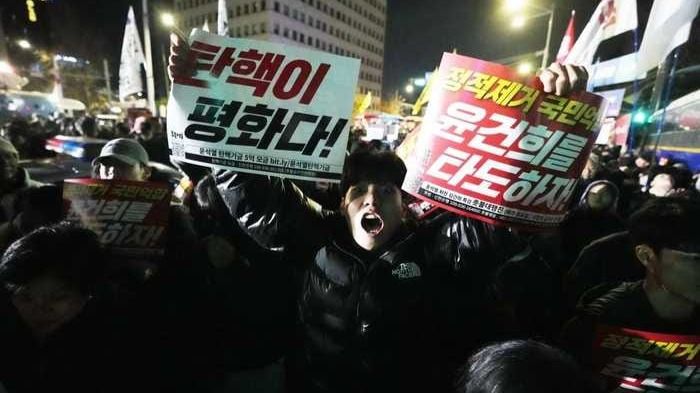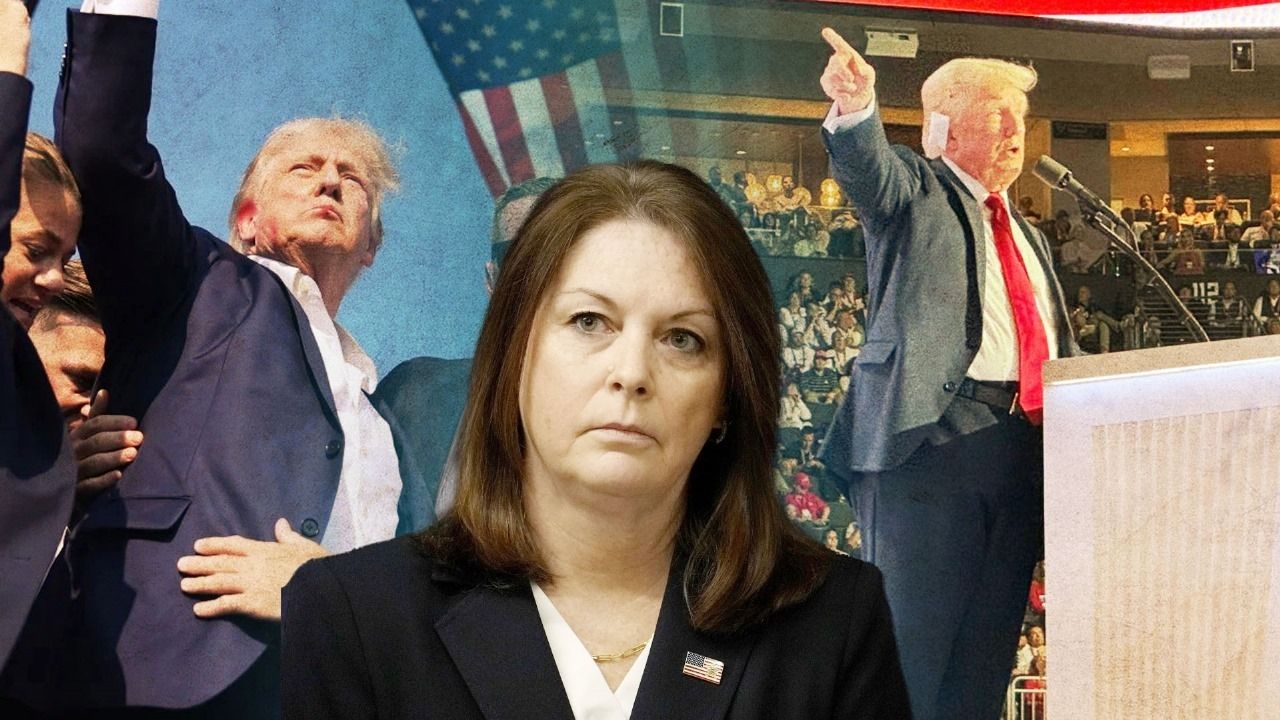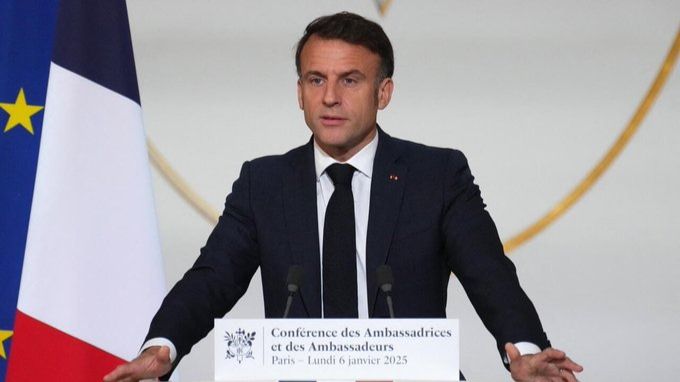Seoul: South Korean President Yoon Suk Yeol shocked the nation by declaring martial law late Tuesday night, accusing the opposition of being “anti-state forces” threatening democracy. However, within six hours, the martial law declaration collapsed as all 190 lawmakers present in the National Assembly unanimously rejected it.
What Is Martial Law?
Martial law refers to the temporary imposition of military rule during emergencies when civil authorities are deemed incapable of functioning. The decree was imposed nearly 45 years ago, following the assassination of military dictator Park Chung-hee.
Yoon’s declaration handed power to the military, the troops and police were deployed to across different locations, including the National Assembly, where helicopters landed on the roof. Meanwhile, the law banned protests, political activities, sparking outrage and fear among citizens.
At 4:30 a.m. Wednesday, Yoon announced the formal lifting of martial law, stating, “I declared martial law to protect our nation from anti-state forces. However, following the parliament’s demand, I have ordered the withdrawal of military forces.”
The declaration and subsequent U-turn of the Martial have shocked and confused the citizens of South Korea. Thousands of citizens in Seoul gathered to protest outside the National Assembly. Some members of the parliament even clashed with law enforcement, who warned of arrests without warrants.
On the other hand, The White House expressed relief over the reversal, highlighting that democracy is crucial in US-South Korea relations. The US, which has 28,500 troops stationed in South Korea, had initially voiced “grave concern” over the events.
Democracy is at the foundation of the US-ROK alliance, and we will continue to monitor the situation,” a spokesperson of the White House said.
What Comes Next?
The failed martial law declaration has plunged Yoon’s presidency into deeper turmoil, as calls for his resignation intensify.
According to the South Korea President’s Office Yoon’s chief of staff and more than 10 senior secretaries to the president have submitted their resignations. South Korea’s main opposition party labeled Yoon’s actions as “insurrection” and announced plans to initiate impeachment proceedings if he does not step down.
Leaders within Yoon’s own party called for the dismissal of the defense minister, who had recommended martial law, describing the move as a “tragic misstep.” The country’s largest labor union announced an indefinite general strike, demanding Yoon’s resignation. Government Resignations: Yoon’s chief of staff and over ten senior secretaries have reportedly resigned.
Yoon, who has previously faced impeachment calls and regular protests, now finds his political future in jeopardy. The opposition has intensified pressure, and his government faces accusations of undermining constitutional democracy.
With a heavy police presence around the National Assembly and postponed public engagements, Yoon’s administration struggles to regain credibility. The failed martial law decree may leave lasting scars on South Korea’s political landscape.
What’s Next for South Korea After President Yoon’s Martial Law U-Turn? world-news World News | Latest International News | Global World News | World Breaking Headlines Today




